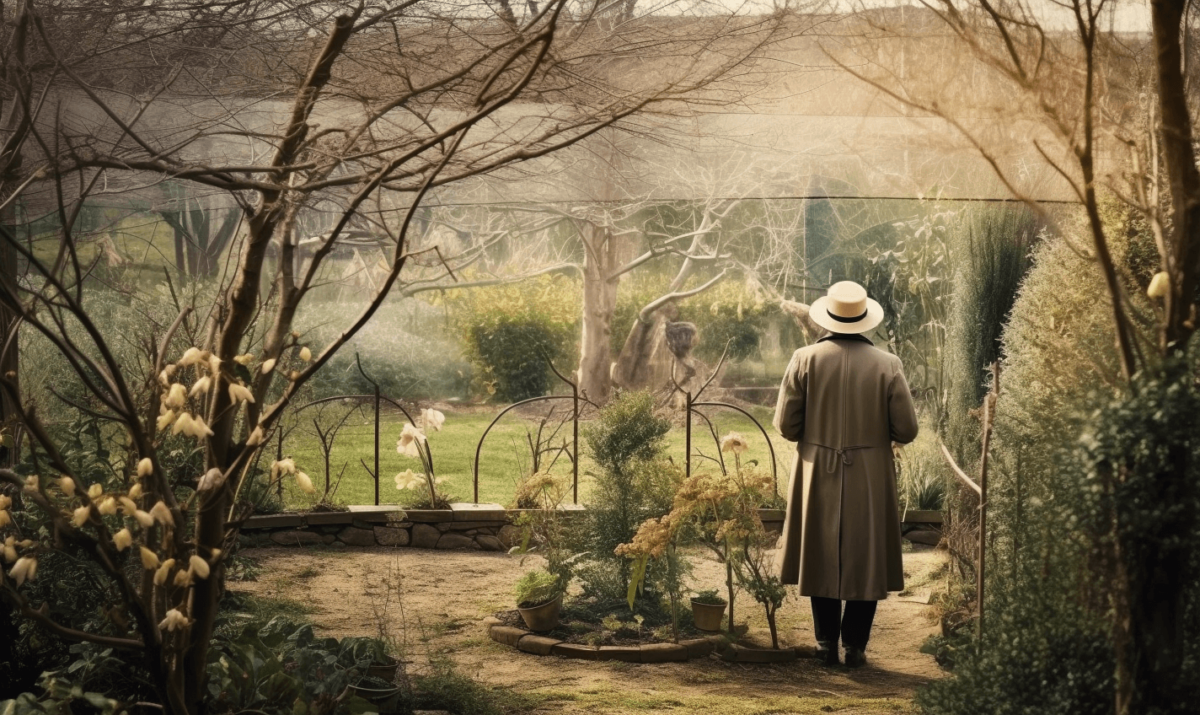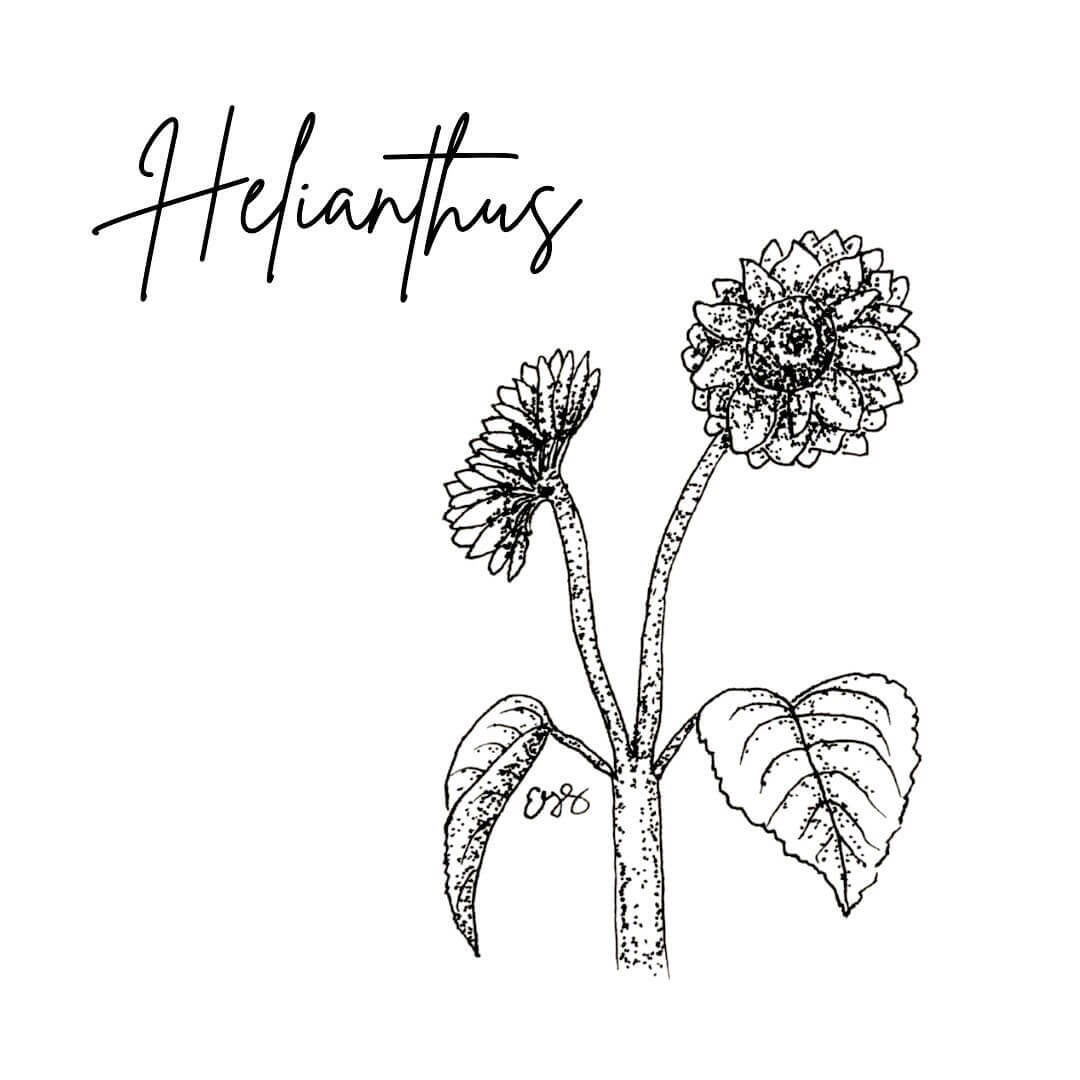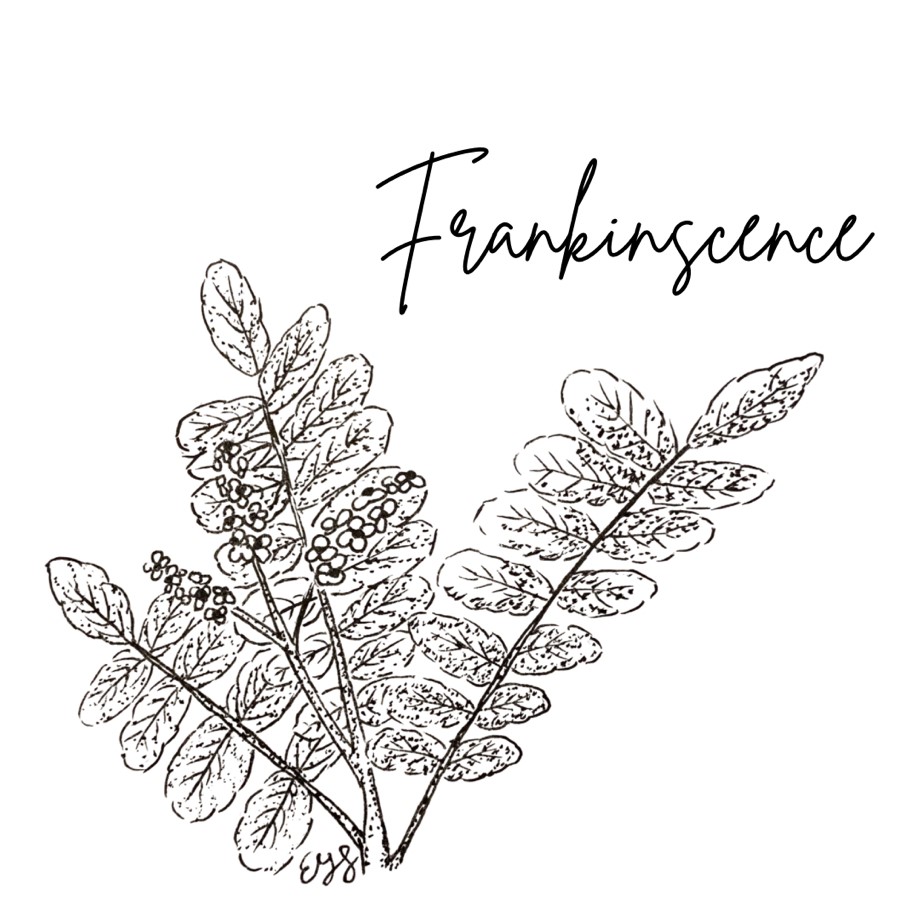Anticipation
What does anticipation do to our psyche?
Anticipation can have both positive and negative effects on our psyche, depending on the situation and our individual personality traits and experiences. On the positive side, anticipation can create a sense of excitement and motivation. When we are looking forward to something that we expect to be enjoyable or rewarding, our brains release dopamine, a neurotransmitter associated with pleasure and motivation. This can help us feel more energized, focused, and engaged in our daily lives. For example, the anticipation of a vacation or a special event can help us get through a difficult work week or other challenging situations.
However, anticipation can also create anxiety and stress. When we are waiting for something that we fear or feel uncertain about, our brains can release cortisol, a hormone associated with stress. This can make us feel on edge, distracted, and irritable. For example, the anticipation of a difficult conversation or a medical procedure can cause anxiety and make it difficult to focus on other tasks.
In general, anticipation is a normal and natural part of the human experience. It can help us feel motivated and excited about the future, but it can also create anxiety and stress. By understanding how anticipation affects us individually, we can learn to manage our emotions and reactions to different situations.
Caregiving
Caring for a loved one can be a challenging and emotionally demanding, and anticipation can add to the stress and anxiety of our lives. There are some ways caregivers can handle anticipation.
- Communicate with the loved one: It can be helpful to have open and honest conversations with the person you are caring for about their needs, expectations, and concerns. By understanding their perspective, you can better prepare for what lies ahead and work together to address any issues that arise.
- Plan ahead: Anticipation can be particularly challenging when you are uncertain about what to expect. To reduce stress and anxiety, try to plan ahead as much as possible. Make a schedule of appointments, arrange for transportation, and prepare any necessary supplies or equipment in advance.
- Take care of yourself: It’s important for caregivers to take care of their own physical and emotional well-being. This can include getting enough sleep, eating a healthy diet, and finding time for self-care activities like exercise, meditation, or spending time with friends and family.
- Seek support: Caregiving can be isolating, but it doesn’t have to be. Reach out to family, friends, or support groups for help and advice. You may also want to consider working with a professional caregiver or therapist who can provide additional support and guidance.
- Stay positive: While caregiving can be challenging, it can also be a rewarding and fulfilling experience. Try to focus on the positive aspects of your role and celebrate small victories along the way. Remember that you are making a difference in the life of someone you love, and that can be a powerful motivator.
Finally, it wouldn’t be complete unless I mention nature. Anticipation is a common phenomenon in nature, and it can be observed in various contexts. For example, animals anticipate the changing of seasons, the arrival of food, the mating season, and the migration of other animals. Plants also anticipate changes in their environment and adjust their growth patterns accordingly.
We can use the lessons from nature’s anticipation to reduce stress in our own lives and there are many effective ways to engage in nature to help. Forest bathing, gardening, hiking or walking in nature, birdwatching, nature journaling and forest therapy are some ways.
If any of those spark your interest, give us a call at Hope Grows, we can guide and support you. These activities can help individuals connect with nature and reduce feelings of anticipation and anxiety. It’s important to find activities that work best for each individual’s unique needs and preferences.






